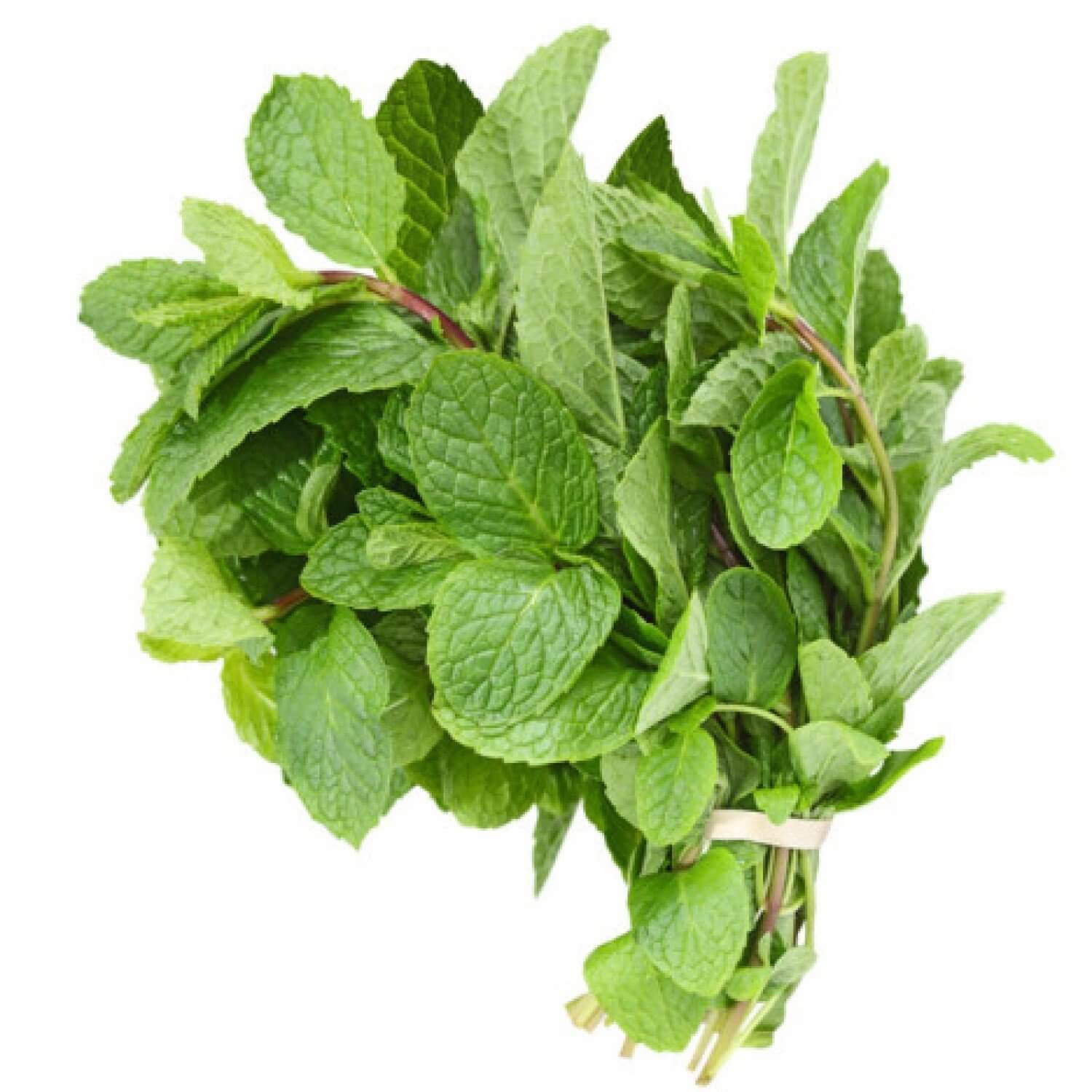The Healing Power of Scent Leaf in Nigerian Cuisine and Culture
The Healing Power of Scent Leaf in Nigerian Cuisine and Culture
For centuries, scent leaf (Ocimum gratissimum) has been used in Nigerian cuisine and culture for its healing and therapeutic properties. Widely referred to as nchanwu in the Igbo language, this herb is renowned for its unique flavor and health benefits. With its distinct aroma, it has been used to treat a variety of ailments and promote general wellbeing. From aiding digestion to helping reduce stress, scent leaf has become an essential part of Nigerian culture, cuisine, and medicine. It is believed to have powerful antioxidant and antimicrobial properties, making it a popular choice for many traditional remedies. From stews and soups to teas and salads, scent leaf is used in a variety of dishes, adding flavor and healthful benefits. Whether eaten, drunk, or simply inhaled, scent leaf has been used for centuries to promote physical and mental wellness.
Historical Use of Scent Leaf
Scent leaf refers to a variety of herbs from the Ocimum plant family. There are many species of this plant, but O. gratissimum is the most common variety used in Nigerian cooking. This plant grows wild in many parts of the world and can be found in tropical and subtropical areas. In tropical Africa, scent leaf has been used for centuries in a variety of culinary and medicinal ways. It has also been used to make essential oils, a process that was once expensive but has become more affordable in recent years. Historically, scent leaf was often used as a substitute for pepper and other spices. It was also used to provide flavor and fragrance to food, especially stews, soups, and other dishes. In addition to its culinary uses, scent leaf has also been used to treat a variety of ailments. Traditional healers recommend the herb for everything from digestive issues to mental health.
Health Benefits of Scent Leaf
Scent leaf is believed to have powerful antioxidant and antimicrobial properties. This may be due to a high concentration of phenol compounds and flavonoids found in the herb. Phenols are potent anti-inflammatory agents, while flavonoids have been shown to improve cognitive function and reduce stress. In addition, scent leaf may also have anti-tumor and anti-cancer properties, making it a popular choice for many traditional remedies. – Digestive Health: Scent leaf is rich in fibre and is believed to have digestive health benefits. The herb can help to regulate bowel movements, making it a great choice for those with irregular bowel movements. – Antioxidant Benefits: Scent leaf is believed to have powerful antioxidant and antimicrobial properties. This may be due to a high concentration of phenol compounds and flavonoids found in the herb. Phenols are potent anti-inflammatory agents, while flavonoids have been shown to improve cognitive function and reduce stress. In addition, scent leaf may also have anti-tumor and anti-cancer properties, making it a popular choice for many traditional remedies. – Immune system support: This herb is also known to boost the immune system, making it a great choice for those who are more susceptible to illness and infection. – Mood and mental health support: In addition to its antimicrobial benefits, scent leaf has also been used to support mood and mental health. The herb has been shown to reduce stress, promote relaxation, and improve cognitive function.
Uses of Scent Leaf in Nigerian Cuisine
Scent leaf is used in a variety of Nigerian dishes, adding flavour and healthful benefits. The herb can be used as a replacement for black pepper, as it has a distinct peppery flavour. In addition to flavouring foods, scent leaf also has antimicrobial properties that can help inhibit the growth of bacteria and fungi in food. For stews, soups, and other savory dishes, consider adding half a cup of scent leaf per every two pounds of meat or vegetables. The herb can also be used as a garnish or substitute for parsley or cilantro. Scent leaf can be used to make a variety of traditional beverages, including teas, lemonades, and smoothies. It is also a common ingredient in Nigerian salads, where it can be used in place of lettuce or cabbage.
How to Use Scent Leaf
When using scent leaf, keep in mind that it has a strong flavour, so a little goes a long way. Because of its strong peppery flavour, scent leaf can be used as a substitute for black pepper, cayenne pepper, or parsley. Be sure to add it towards the end of cooking, as it can lose its flavour if cooked for too long. In salads and stews, the herb can be added fresh or dried. If using fresh, it is best to tear it into smaller pieces before adding to food. For dried, consider using a knife or food processor to break it up into smaller pieces before adding to a dish.
Recipes Using Scent Leaf
Healthy Hausmanns – This recipe calls for scent leaf lemonade and is a refreshing beverage that can be enjoyed as a snack or dessert. Chicken Pepper Stew – This recipe for a traditional Nigerian stew uses scent leaf to add flavour and health benefits. Scent Leaf Salad – This colourful and healthy salad uses scent leaf as a dressing, as well as a main ingredient.
Traditional Uses of Scent Leaf
Scent leaf is believed to have powerful antioxidant and antimicrobial properties. This may be due to a high concentration of phenol compounds and flavonoids found in the herb. Phenols are potent anti-inflammatory agents, while flavonoids have been shown to improve cognitive function and reduce stress. In addition, scent leaf may also have anti-tumor and anti-cancer properties, making it a popular choice for many traditional remedies. – Respiratory issues: The antiseptic and antispasmodic properties of scent leaf have made it a popular treatment for respiratory issues. It can be used to help ease coughing and soothe respiratory infections, making it a great choice for children. – Digestive issues: Like many herbs, scent leaf can help with digestive issues. It can be used to treat constipation, diarrhea, and vomiting.
Tips for Using Scent Leaf
– Consider storing scent leaf in a jar, as it can lose its flavour and fragrance when kept in the refrigerator. – Scent leaf can be used in place of black pepper, but it does not have a long shelf life and is best used fresh or dried immediately after harvesting. – Like many herbs, scent leaf can lose its flavour if cooked for too long. – Scent leaf is a rich source of potassium and can also be used as a natural treatment for hypokalemia.
Conclusion
Scent leaf is a rich source of antioxidants and minerals that can help promote general health and wellness. It has been used in a variety of ways, both in cooking and as a medicinal herb, making it a versatile herb with many uses. Be sure to add this herb to your next meal, whether it be a hearty stew or a fresh salad, to experience its unique flavour and benefits.







LEAVE A COMMENT
You must be logged in to post a comment.